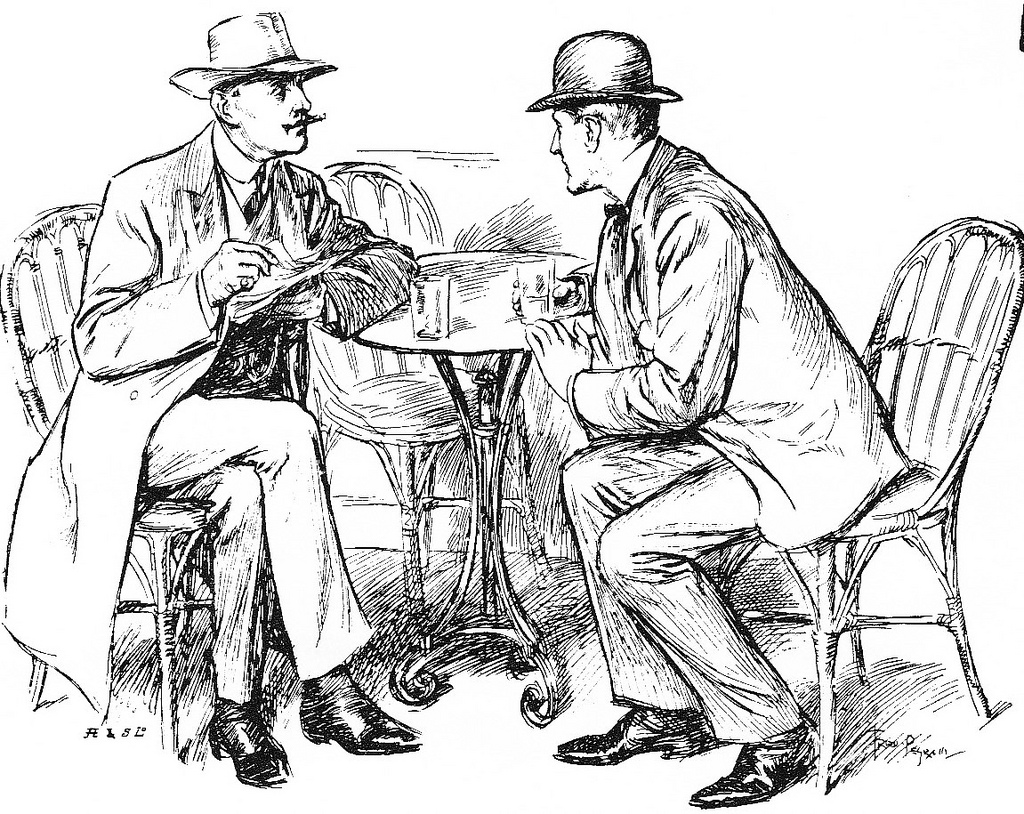Answering questions
Mark Sheridan hat eine Firma für Pools und Spas in Virginia, Maryland, die vor einigen Jahren einen gewaltigen Umsatzrückgang hinnehmen musste. Sheridan stellte das Marketing um – er passte es seiner Internetnutzung an:
The problem in my industry, and a lot of industries, is you don’t get a lot of great search results because most businesses don’t want to give answers; they want to talk about their company. So I realized that if I was willing to answer all these questions that people have about fiberglass pools, we might have a chance to pull this out.
Er wurde damit so erfolgreich, dass seine Pool-Firma inzwischen von Partnern gemanagt wird, und er sich hauptsächlich um seine neue Marketingfirma kümmert. Seine Einblicke sind dabei recht spannend (Fragen – Q – von Mark Cohen)
Q. Once you wrote a blog post, how much time did you spend promoting it on Twitter and Facebook?
A. I didn’t. Dude, that one article on price has never been tweeted. It’s never been Facebooked. I’m not saying social media doesn’t help, but it’s nowhere near what people think. The only metric that really matters is total pages viewed. Here’s a statistic for you: If somebody reads 30 pages of my River Pools Web site, and we go on a sales appointment, they buy 80 percent of the time. The industry average for sales appointments is 10 percent. So, our whole marketing campaign revolves around getting people to stick around and read our stuff, because the longer they stay on our site, the greater the chance they’re going to fall in love with our company.
Q. What do you say to business owners who say they don’t know what to blog about?
A. That’s the dumbest thing I ever heard, and I hear it a lot. What they should be doing is just listening to every single question they get and answering it. In my consulting business the first thing we do is brainstorm what questions the company gets on a regular basis. I’ve never had a company come up with less than 100 questions in 30 minutes.
Quelle: nytimes.com
Auf diesen Artikel bin ich im Newsletter von Bob Lefsetz gestoßen, der wiederum von Amanda Palmer wurde. Im selben Lefsetz letter watscht er die Musikindustrie dafür ab, dass sie eben nicht auf die Fragen ihrer Nutzer hört, bzw. nicht auf ihre Bedürfnisse eingeht. Er schreibt:
„Today you have to know how to write. How to communicate. You must establish trust as opposed to banging people on the head to buy. It’s the opposite of everything we’ve been taught in the music business.“
Eine Musikerin, die ganz genau hinhört ist Amanda Palmer. Ihr TED-talk ist ein Must-See, nicht nur für Künstler
The Art of Asking. Connecting, trusting.
Klicken Sie auf den unteren Button, um den Inhalt von embed.ted.com zu laden.
Bild: Victorian Gentlemen by lovelornpoets on flickr CC BY 2.0

